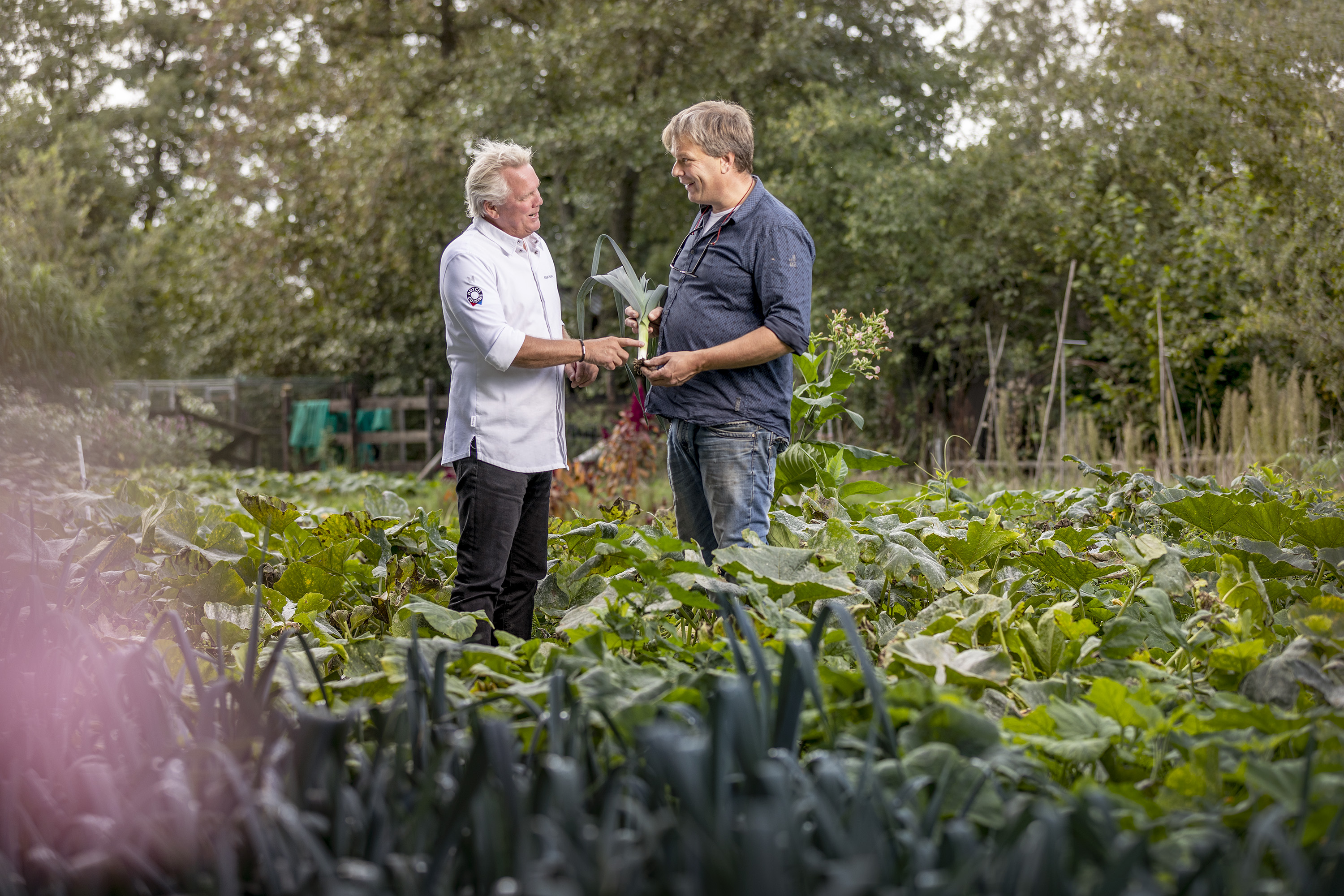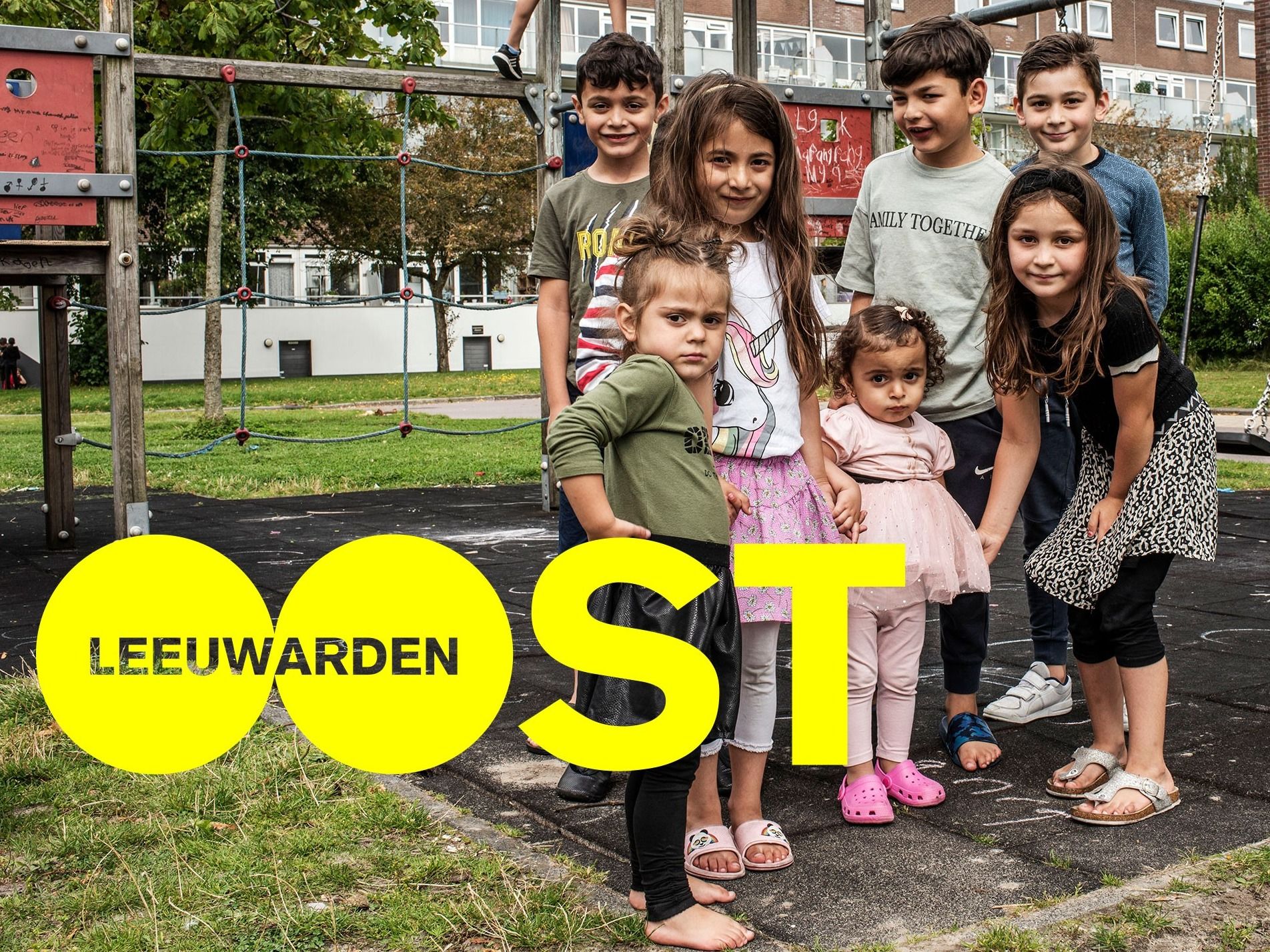Health¶
The circular economy has a significant positive impact on health in Friesland by addressing environmental factors that directly influence public well-being. For example, circular agriculture plays a key role by reducing the use of harmful chemicals and fertilisers, which in turn improves soil health and water quality. This results in healthier food production, leading to better-quality local food and healthier diets for the population. Furthermore, circular agriculture practices enhance biodiversity, which supports stronger ecosystems that can mitigate the spread of diseases and improve overall public health. In the realm of water management, circular strategies focus on reducing industrial runoff and improving wastewater treatment, which helps maintain high-quality drinking water. By fostering these practices, Friesland’s circular economy not only contributes to a cleaner environment but also plays a pivotal role in improving the health and well-being of its communities.

Improving health
While Friesland has made strides in incorporating circular economy practices, there is limited data to directly measure health outcomes. However, the potential for circular economy practices to enhance public health remains clear. The examples below show how Friesland is working towards this link:

Caring for Soil is Caring for Life

The ‘walking’ forest of Leeuwarden: BOSK 2022

Cooperating for perspective in Leeuwarden’s most colourful district
To further integrate circular economy principles and improve health, the following actions are good starting points:
- Promote circular agriculture that reduces the use of harmful chemicals and fertilizers, focusing on regenerative practices to improve soil and water quality. This would lead to healthier, more sustainable food systems, directly benefiting public health by providing cleaner, more nutritious food.
- Enhance circular water management practices, such as improving wastewater treatment and reducing industrial runoff, ensuring high-quality drinking water and promoting healthier ecosystems that contribute to overall well-being.
- Raise awareness about the link between the environment and health, connecting the positive health impacts of circular practices, such as cleaner food systems and water quality, to public health initiatives. Education campaigns could help people understand the health benefits of living in a cleaner, more sustainable environment.